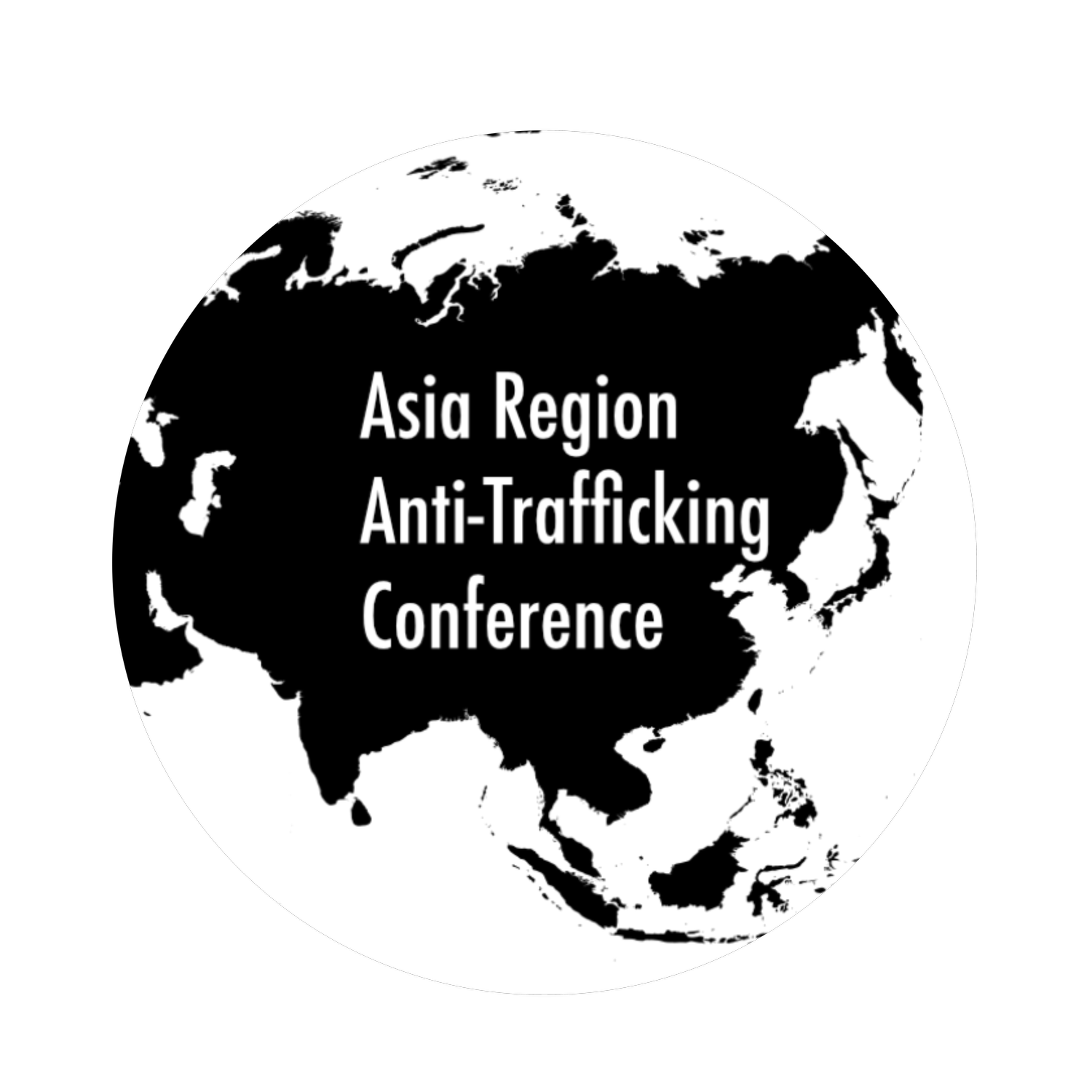AT THE ASIA REGION ANTI-TRAFFICKING CONFERENCE WE AIM:
To develop multi-sector learning and partnerships to improve our responses to the issues of human trafficking and slavery in Asia.
To be updated on the trends and changes in the last 3-5 years in the region and its impact for the future to establish the realities of our context
To learn from each other the leading practices in what we do in our contexts
To identify key industries and contexts for collaborative action
Who should attend:
We believe learning happens through peer interaction. This conference is designed to incorporate all sectors involved in anti-human trafficking, such as; private sector, non-government organizations, academia, and government. In an effort to support those who want to attend and are new to anti-human trafficking we will be offering an opening session before the conference starts.
The Asia Region Anti-Trafficking Conference was held in Bangkok, Thailand first on Nov. 13-16 2017, then again on Feb. 25-28 2019. In 2020, due to the COVID-19 pandemic, the conference was shifted online during July 20-23 2020 and July 2021 & 2022. The conference returned to an in person format with the option for an online hybrid option in 2023 and 2024 in Bali, Indonesia. ARAT 2025 and 2026 will be held in Chiang Mai, Thailand.
ARAT is a collaborative conference that was founded in partnership between Chab Dai Coalition in Cambodia, Be Slavery Free in Australia, and The Freedom Story in Thailand and exists as a project under the Global Learning Community with a various members making up each year’s planning committee. The conference is structured to create a learning community where participants can actively engage with and learn from one another. We aim to create a virtual and physical space for connections and partnership to occur organically and intentionally.
The main topics for the conference will be developed through attendee feedback and input from Global Learning Community members.
2025 Asia Region Anti-Trafficking Conference Themes
1) Organizational Development & Capacity Building - Contributing to the ongoing development of individuals and organizations in attendance and providing them with practical tools, resources, and knowledge for professional growth
2) Current Trends & Research in the Region - Equipping conference attendees with up-to-date research from our sector and information about the developing trafficking trends within the region
3) Survivor Inclusion - Prioritizing the role of survivors of trafficking in the movement and ensuring that they retain a prominent place as contributors both on stage and behind the scenes
4) Collaboration & Networking - Cultivating a space where relationships can be forged and strengthened for the benefit of the movement and the people in it
